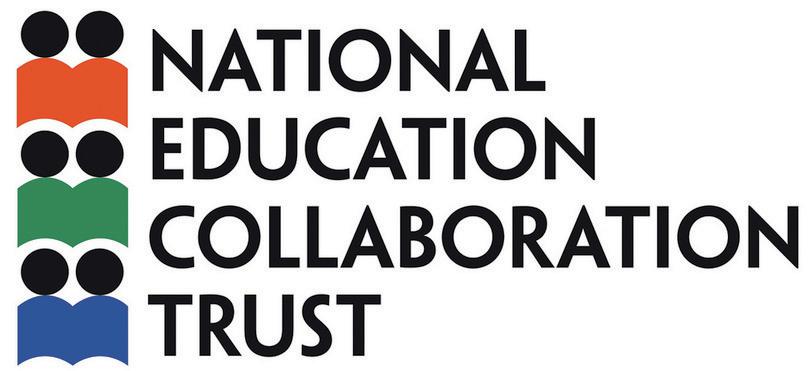Foreword
 This volume of research is intended to make a contribution to education system learning so that the sector can achieve the National Development Plan (NDP) goal of ensuring, by 2030, a South Africa where 90% of learners pass mathematics, science and languages with at least 50%. This goal is core to the mission of the National Education Collaboration Trust (NECT) which was formed in July 2013 as a response to the call by the NDP for increased collaboration among stakeholders to improve educational outcomes.
This volume of research is intended to make a contribution to education system learning so that the sector can achieve the National Development Plan (NDP) goal of ensuring, by 2030, a South Africa where 90% of learners pass mathematics, science and languages with at least 50%. This goal is core to the mission of the National Education Collaboration Trust (NECT) which was formed in July 2013 as a response to the call by the NDP for increased collaboration among stakeholders to improve educational outcomes.
Jika iMfundo in KwaZulu-Natal has been a component of the District Improvement Programme of the NECT since 2014. This programme aims to improve the quality of teaching and learning and the management of schools as well as the effectiveness of the support and monitoring services provided to schools by the districts, with a view to replicating the programmes and lessons learned during implementation in other districts and provinces. The lessons learned are derived from ongoing monitoring by programme and evaluation processes of the NECT, a big part of which is undertaken by external evaluators engaged by the Zenex Foundation.
Four years into the implementation of the programme, the research presents a set of sound suggestions about how change happens in schools and their districts, and poses pertinent questions about less explored cause and effect relationships among various educational processes that precede learning outcomes. The programme’s Change Theory makes management and sociological sense in the South African background, particularly given the history of teaching and teachers’ political roles during the apartheid era. It thus serves as an important foundation for the national teacher professionalisation agenda which the NECT has been heralding among education partners. The active role of the teacher unions in Jika iMfundo needs no emphasis – it is a critical ingredient in the advancement of the profession. We celebrate the involvement of a wide range of researchers, especially emerging Black researchers. Such steps contribute to expanding the national research capacity and promote the diversity of voices in the education improvement discourse.
The issues raised in the research are complex and have many sides thus the programme could not answer them all. This is just a start. One of the next challenges is to hear more from case studies crafted by teachers themselves. Opportunities need to be created for practicing teachers to record their experiences and share their views about the future.
It is for these reasons that the NECT welcomes the critical engagement of the academic community with the work of Jika iMfundo. Partnerships with scholars enrich our work and the important learning that will assist the NECT, and the country, to achieve its goals. We thank Saide, the editors – Professor Christie and Mareka Monyokolo – and all the research teams for the investment of their time and energy in joining our learning journey.

Godwin Khoza
Chief Executive Officer of the NECT

